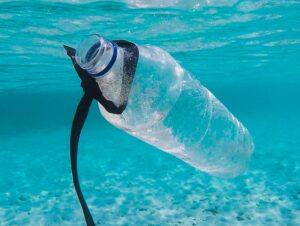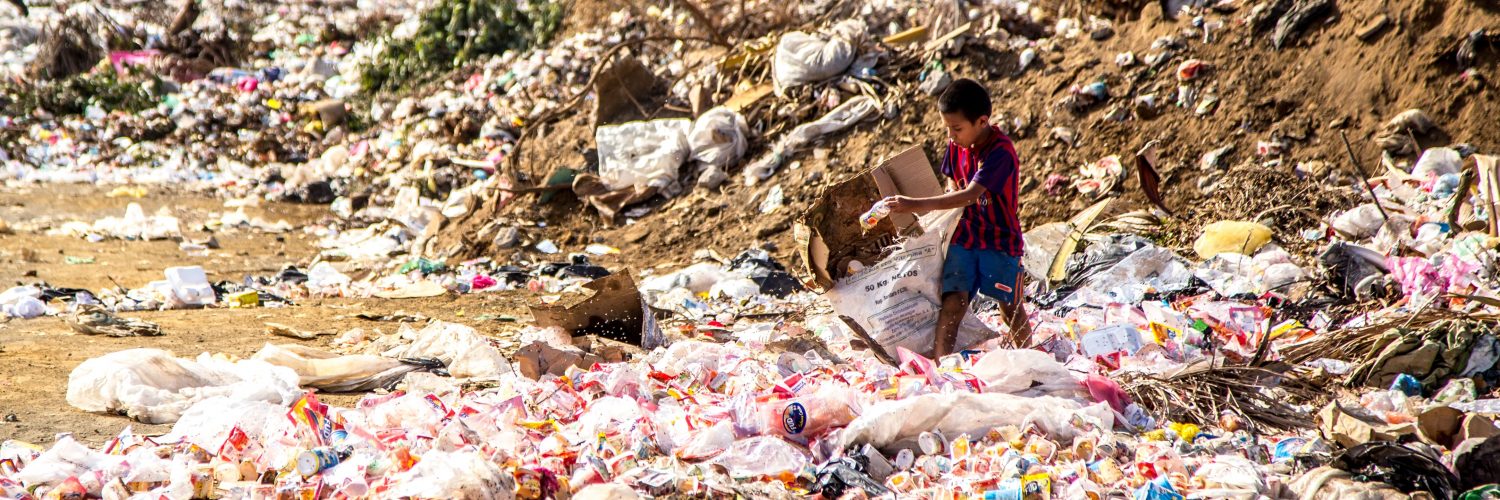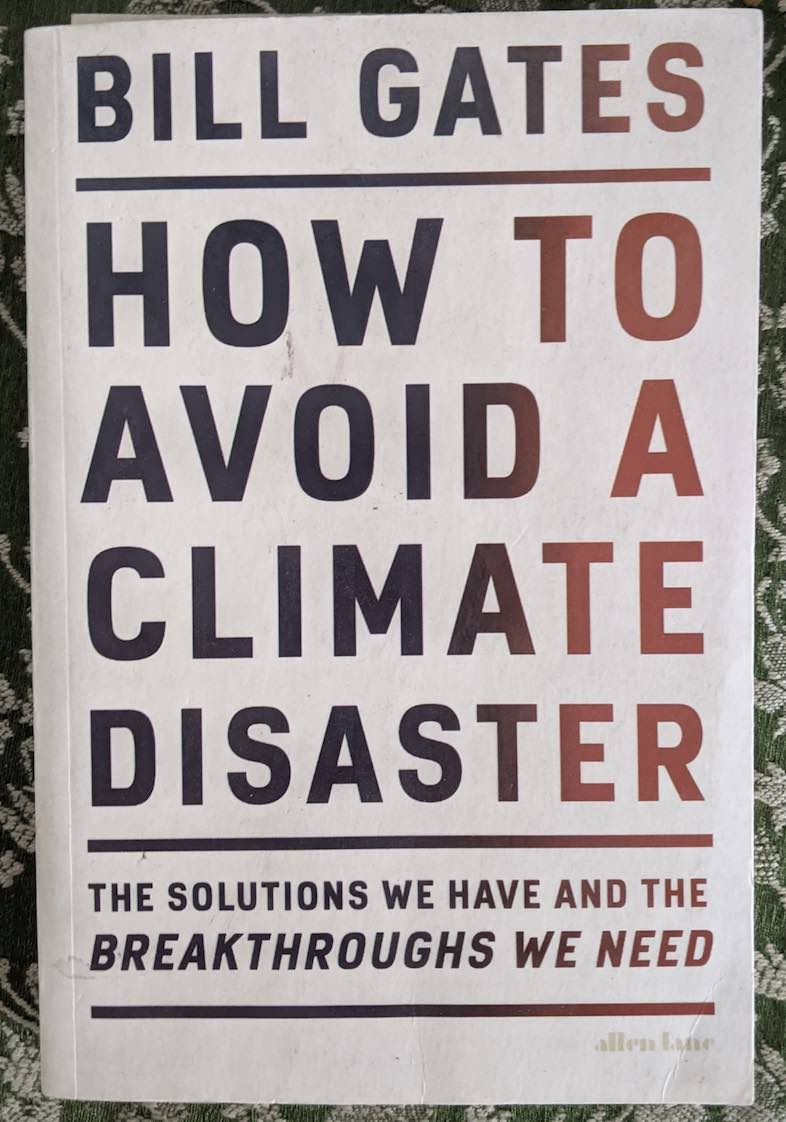Plastic pollution is a global environmental crisis that has reached alarming proportions.
The proliferation of single-use plastics, inadequate waste management systems, and the overall disregard for the environment have led to devastating consequences for our planet.
One of the primary actors in the fight against plastic pollution is non-governmental organizations (NGOs). These organizations are crucial in raising awareness, implementing sustainable solutions, and advocating for policy changes to combat plastic pollution. In this blog post, we will explore the vital role of NGOs in addressing plastic pollution.
Understanding Plastic Pollution


Plastic pollution refers to plastic waste in the environment, particularly in oceans, rivers, and landfills. It is a multifaceted issue with far-reaching ecological, economic, and health implications. The problem is exacerbated by the long-lasting nature of plastics, which can take hundreds of years to decompose.
Here are some critical aspects of plastic pollution:
Single-Use Plastics: Items like plastic bags, straws, bottles, and packaging materials are often used once and discarded, contributing significantly to plastic pollution.
Microplastics: Tiny plastic particles, often invisible to the naked eye, infiltrate ecosystems, harming marine life and entering the food chain.
Impact on Wildlife: Marine and terrestrial wildlife can ingest or become entangled in plastics, leading to injuries and death.
Economic Consequences: Plastic pollution imposes significant costs on communities, including cleanup expenses and losses in tourism and fishing industries.
The Role of NGOs in Combating Plastic Pollution
NGOs have emerged as powerful agents of change in the fight against plastic pollution. They work tirelessly to address the issue on multiple fronts, including awareness, education, research, advocacy, and practical solutions.
Let’s delve into the significant roles played by NGOs in tackling plastic pollution:
- Raising Awareness: NGOs are instrumental in raising awareness about the consequences of plastic pollution. They use various mediums such as social media, educational programs, and public events to inform the public about the harmful effects of plastic on the environment and human health.
- Education and Outreach: NGOs conduct educational programs in schools, colleges, and communities to educate people on the importance of reducing plastic consumption and adopting sustainable alternatives.
- Research and Data Collection: Many NGOs research to understand the extent of plastic pollution and its impact. This data is critical for policymaking and developing effective strategies.
- Advocacy and Policy Change: NGOs lobby for changes in policies and regulations to reduce plastic production and promote recycling and waste management. They are pivotal in advocating for plastic bans and improved recycling systems.
- Community Engagement: NGOs work closely with local communities to instigate behavioral change. They organize clean-up drives and waste management initiatives, involving citizens in practical solutions.
Several NGOs in India are actively combating plastic pollution through various initiatives. Some prominent ones include:
Toxics Link: Delhi-based NGO works on environmental issues, including hazardous, medical, and municipal wastes. They also have a special focus on sanitary pads.
Chintan Environmental Research and Action Group: This non-profit, non-governmental organization based in Delhi focuses on waste management, including plastic, and promotes recycling and sustainable waste practices.
Waste Warriors: Undertakes urban and rural areas’ cleanliness and management projects, including plastic waste. They have a special focus on managing waste in the Indian Himalayan region.
Greenpeace India: Greenpeace India engages in environmental activism and advocates for policies to reduce plastic usage and promote recycling.
Break Free From Plastic India: A part of the global movement, this group campaigns against single-use plastics and advocates for alternatives.
The United Way of Hyderabad: Hyderabad-based United Way of Hyderabad is steadfastly committed to creating a cleaner and more sustainable environment.
Wrapping Up
The work of NGOs for the environment has positively impacted the local community. Raising awareness, implementing practical solutions, and advocating for policy changes reduce plastic pollution and foster a sense of environmental responsibility.
The fight against plastic pollution is a global imperative, and NGOs like the United Way of Hyderabad play a pivotal role in addressing this pressing issue. These organizations significantly impact through their multi-faceted approach, including awareness, education, research, advocacy, and practical solutions.
However, the battle against plastic pollution is an ongoing one, and the efforts of NGOs are crucial in driving change and creating a more sustainable and cleaner future for our planet.
This article is written by Rekha Srinivasan, CEO of the United Way of Hyderabad. Rekha calls for support and collaboration with the United Way of Hyderabad to combat plastic pollution and protect our environment for future generations.







Add comment